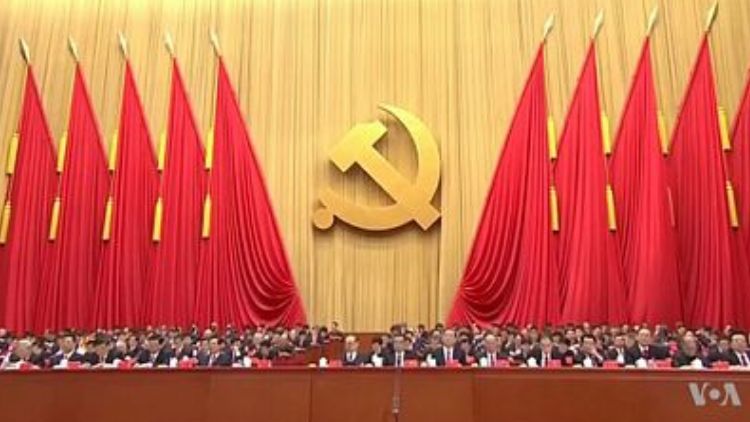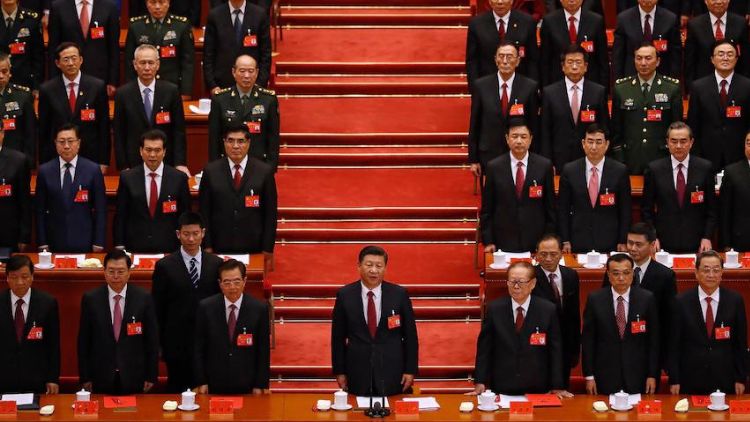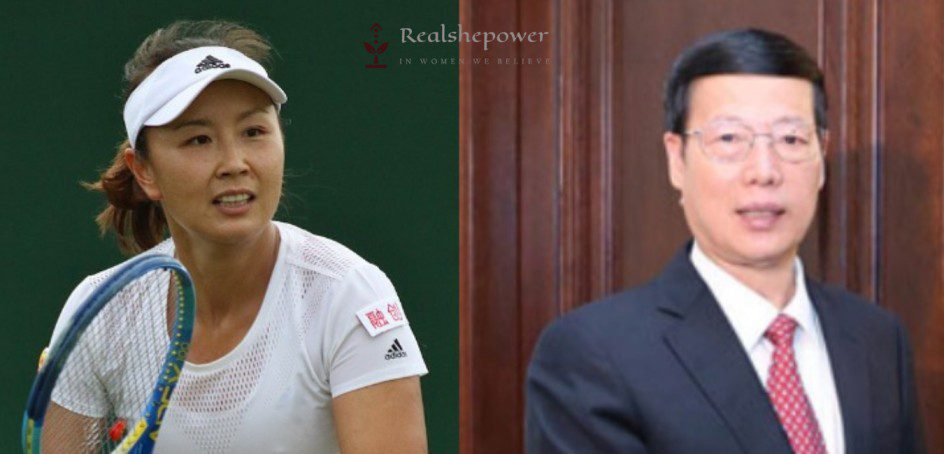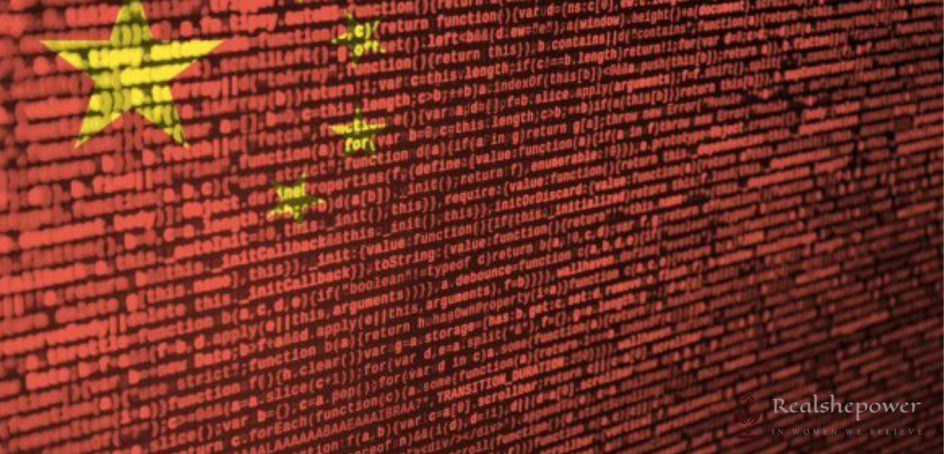What accounts for the lack of female leaders in China’s ruling party?


The Chinese Communist Party (CCP), as a left-wing revolutionary party, has gradually increased its grassroots female membership. However, no women have been elected as core leaders in the organization’s 100-year history.
So, why are there so few female leaders in China’s ruling party?
Let us briefly give you an insight into the political hierarchy of the CCP. The top officials of the CCP form a central committee with the politburo, an even more restricted and powerful 25-person body. There is currently only one female member in the Politburo.
The standing committee, a seven-member decision-making body that decides on significant political issues, is at the centre of the politburo. The governing body is the standing committee. It has zero females.
It is undeniable that the CCP has attempted in the past to increase women’s political representation and rights. The party encouraged women to enter politics by amending the constitution in 1982 to require the state to actively select and train female cadres.
China also passed the country’s first specialised law protecting women’s rights in 1992, and held an international conference for women in Beijing in 1995.

Yet, there appears to be a lack of active women participation in China, particularly at the highest levels of the political spectrum.
According to Chen Minglu, a lecturer at the China Studies Centre of the University of Sydney, due to the relatively low admission standards, more women joins the party at the grassroots level, but they are prevented from pursuing high-level positions by an extremely competitive hiring procedure.
“The top leaders in China all have to have local leadership experience. Preferably they would all have served in the central ministries of some kind,” Dr Chen told the ABC.
“The state-owned enterprises’ management is also a selection pool for China’s political leaders. Women don’t really, in general, occupy many such positions in these sectors.
Women who do join the party are often appointed portfolios focused on health, education, sports and cultural issues, which are considered more female-oriented and less influential than finance, information technology and industry.
Dr Chen added, “There is no statute in the CCP’s constitution for reserving places for female or minority members, so there is no demand for appointing female or ethnic members.”
“The biggest barrier is the Chinese Communist Party itself being a very patriarchal, male-dominant institution,” she said.
The growth of gender equality in China is expected to be slowed down if the male-dominated tendency in politics and otherwise, continues. This is because many young Chinese women may be dissuaded from pursuing a career in politics.
In recent years, as the government pushed down on so-called “sissy men,” “feminist” and “MeToo” have been prohibited, and men have been obliged to adopt a manly ideal.
By changing its “One Child” policy to encourage a third child and boost China’s decreasing birth rate, the Chinese government has also improved traditional family values.
More obstacles are being created for women’s political advancement as a result of these discriminatory regulations.
Dr Wang Pan, an expert on China’s gender issues at the University of New South Wales warned, “When women have limited voice in the top-level decision-making process, the gendered political hierarchy remains, and the existing glass ceiling remains.”
More on China
You can now write for RSP Magazine and be a part of the community. Share your stories and opinions with us here.




